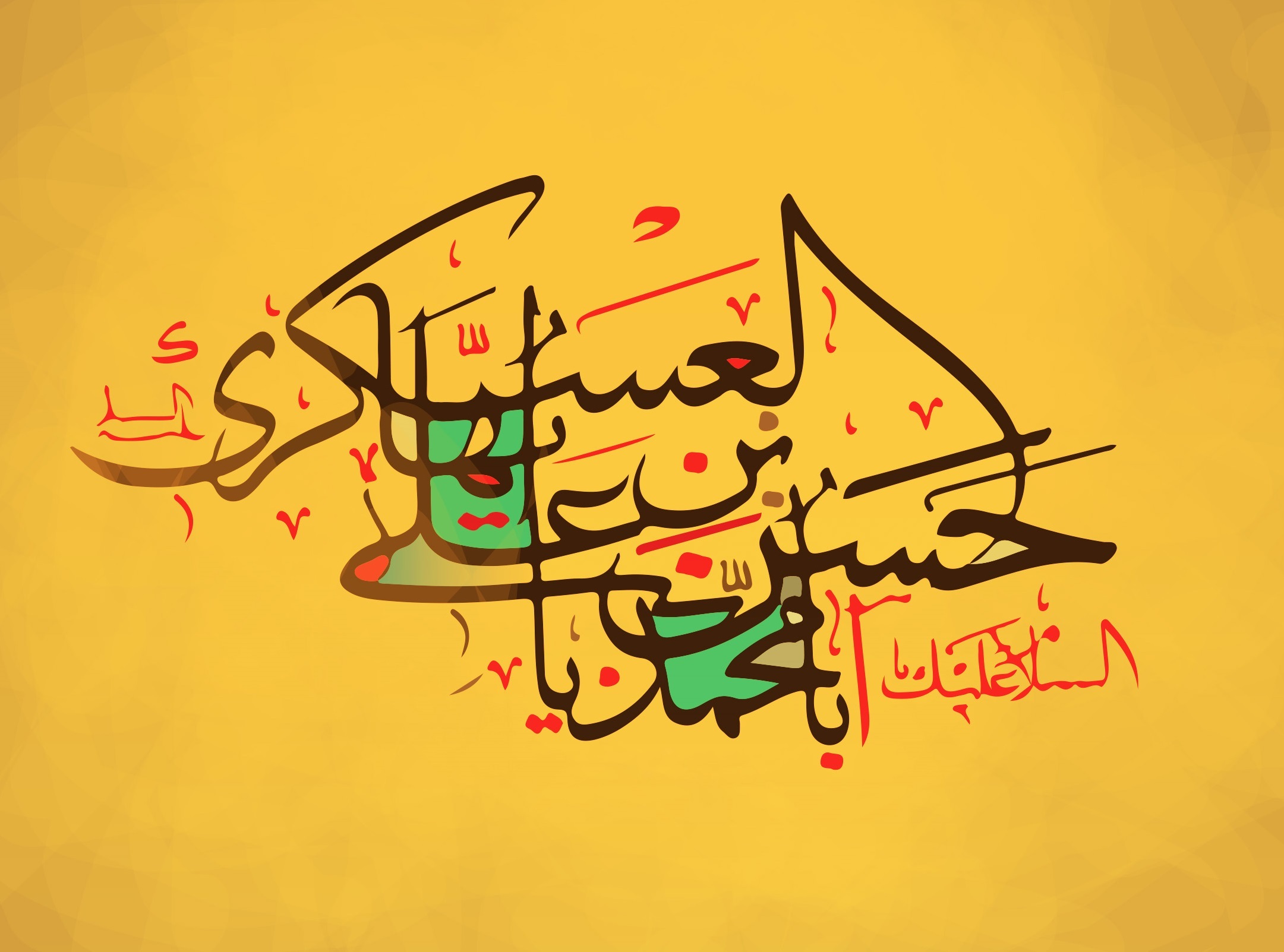AhlulBayt News Agency (ABNA): Imam Hassan Al-Askari (AS), the son of Imam Al-Hadi (AS) is the eleventh Shia Imam. He was born in Medina in 846 AD and died in Samarra in 874 AD. He was buried in his home. He was 22 when his father was martyred and he became the Imam. The Abbasid caliphs of his time were Mutazz, Muhtadi and Mu’tamid. The Abbasids followed the same policy with him as they had vis-à-vis his predecessors; Mamun had placed the eighth Imam (AS) under surveillance, Mutasim controlled access to Imam Al-Jawad (AS) and Mutawakkil had put Imam Al-Hadi (AS) under house arrest. Mutawakkil’s successors did the same to Imam Al-Hadi (AS) and his son Imam Hassan Al-Askari (AS).
The caliphs wanted to know what the Imams were doing. Imam Al-Askari (AS) was under surveillance in Samarra and he was made to attend the Caliph’s audiences on Mondays and Thursdays. The caliphs who came after Maʾmun poisoned three Shia Imams. Imam Al-Jawad (AS) was 25, Imam Al-Hadi (AS) was 41 and Imam Al-Askari (AS) was 28 when they were martyred. The Abbasid caliphs imposed more restrictions on Imam Hasan Al-Askari (AS) because:
1- Under the guidance of Imam Hasan Al-Askari (AS), the Shia formed a powerful bloc in Iraq and everyone knew that this group did not recognize the legality or legitimacy of any Abbasid Caliph. The Shia believed that the children of Imam Ali deserved to be the Imam and Imam Hassan Al-Askari (AS) was the rightful leader of the Muslims.
2- According to many traditions, the Abbasid dynasty and their followers were certain that the Awaited Mahdi (AJ), who was prophesised to overthrow all tyrants and establish a government of justice, was the son of Imam Al-Askari (AS). That is why they placed him under tight control.
When Mutamid heard about the Imam’s illness, he sent Ubayd Allah Khaqan and five others to spy on him. Even after the Imam’s martyrdom, his house was searched and his properties were sealed. The Imam’s children were also questioned; midwives were ordered to examine the women of his household and report any pregnancy. (Kamal Al-Dan)
In spite of these tough restrictions, the Imam pushed ahead with his political, social and intellectual activities; the Imam’s struggles could be summarized in the following four points:
1- Intellectual debates with those who did not believe in his Imamate,
2- Intellectual endeavours about Islamic teachings and dispelling doubts,
3- Giving guidance to his companions to keep them from falling into Abbasid traps,
4- Preparing the ground for people’s belief in the occultation of his son, Imam Al-Mahdi (AJ).
Source: Shīa Islam: History and Doctrines, Ayatullāh Jaʿfar Subḥānī, Chapter 31
/129

